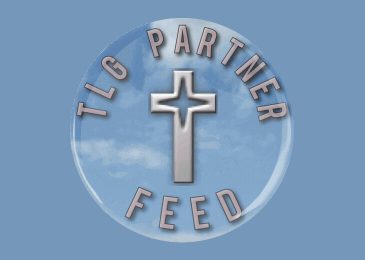Widows have a special place in the heart of God. To remind us of who he is, God often identifies himself with certain people. He calls himself the God of Abraham, Isaac, and Jacob to remind his people of his covenant promises (Ex. 3:15-16). He is known as the God and Father of the Lord Jesus Christ so we know that he is Triune (Rom 15:6). Similarly, God identifies himself with widows. He executes justice for them (Deut. 10:18) and spreads his wings over them to protect them (Ruth 2:12). The psalmist says that “Father of the fatherless and protector of widows is God in his holy habitation” (Ps. 68:5). He views his dwelling place as the special place where widows are to be cared for (Deut. 16:11; Zech. 7:8-14). To be known by God, loved by God, and protected by God in such a way is to have a special calling indeed. For it reveals to the church and the world the God of mercy and justice.
Because of sad, hard, tragic providence, over the last few years a number of friends and a family member have become widows. In praying for and interacting with these dear women, Miriam and I have seen how lonely and difficult their new status can be. In reflecting on this both personally and biblically, one thought that might be helpful is to see widowhood as a calling.
When a Christian woman becomes a wife, she takes her vows before the Lord and receives her new role with her husband as a calling. She becomes his helper (Gen. 2:18), his closest companion by covenant (Mal. 2:14), and the delight of his life (Gen 2:23; Song of Sol. 4). By submitting herself to his leadership, usually symbolized in our culture by the woman taking her husband’s last name, the wife has linked her identity with him (Eph. 5:22-33). They have become one. If the Lord blesses them with children, the woman sees her calling as a wife expanded into motherhood (Gen. 1:28; Ps. 113:9). We typically do not balk at the idea of becoming and being a wife as a calling.
But what about widowhood? Can that not also be considered a calling of a unique sort? If becoming a wife is a calling of joy, then surely becoming a widow would be a calling of sorrow. But is it not a calling nonetheless? Let me offer support for this idea from the Scriptures and why it could be helpful to see it this way.
Widows are identified as a special class of people in the Bible. Repeatedly in the Scriptures, women are simply identified as widows. From the woman known as the widow of Zarephath who fed Elijah from her meager portions to Anna the widow who served in the temple waiting for the Lord’s arrival, widowhood is a classification of people. To be called a widow implies a calling to widowhood, however difficult that may seem. When Naomi returned to Bethlehem from Moab after seeing her husband and sons die, she struggled greatly with her new identity but saw it from the Lord nonetheless (Ruth 1:19-21).
Accepting a new calling from God, even one that involves suffering under a cross, is the first step toward living faithfully in that role. When the apostles were imprisoned, beaten, and then released by the Sanhedrin, they were ultimately able to rejoice because “they had been considered worthy to suffer shame for His name” (Acts 5:41 NASB). They knew they had been called by God to suffer. Similarly, the Lord calls widows to live honorably before him to show that, even in the midst of their sorrow and loneliness, he upholds and sustains them (Ps. 146:9).
The post The Call of Widowhood appeared first on The Aquila Report.





